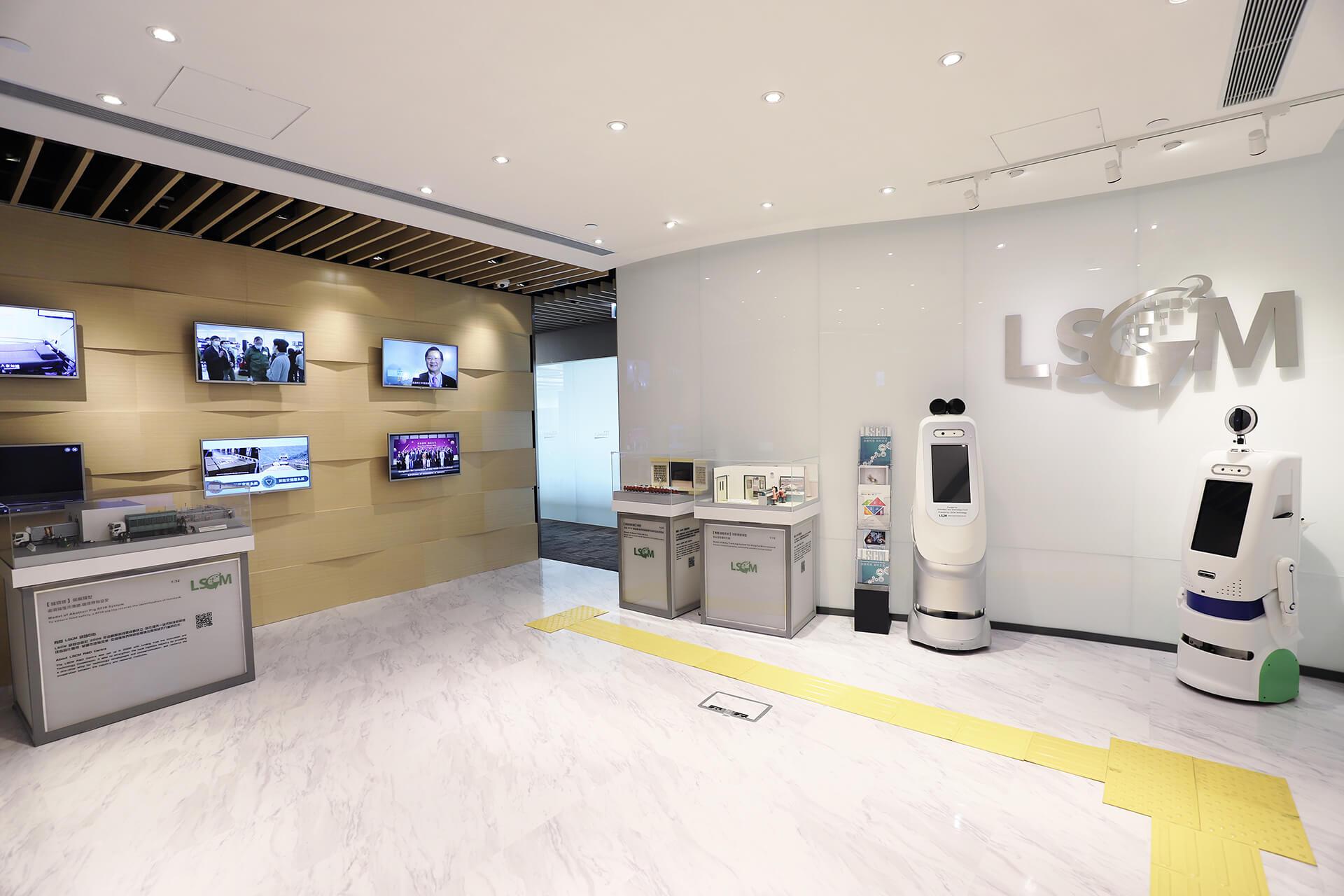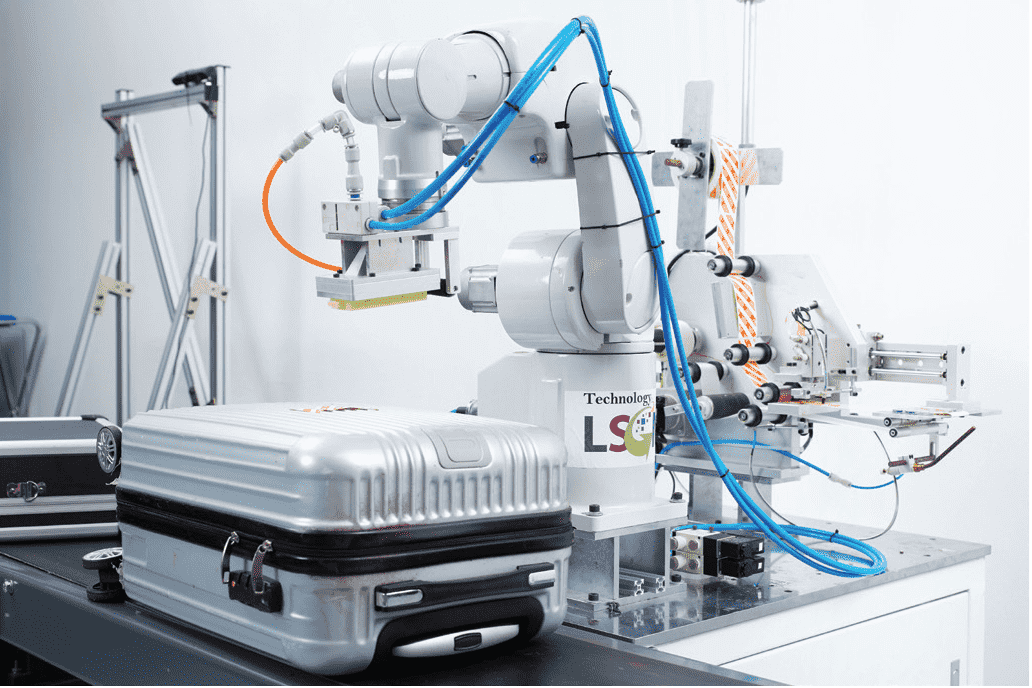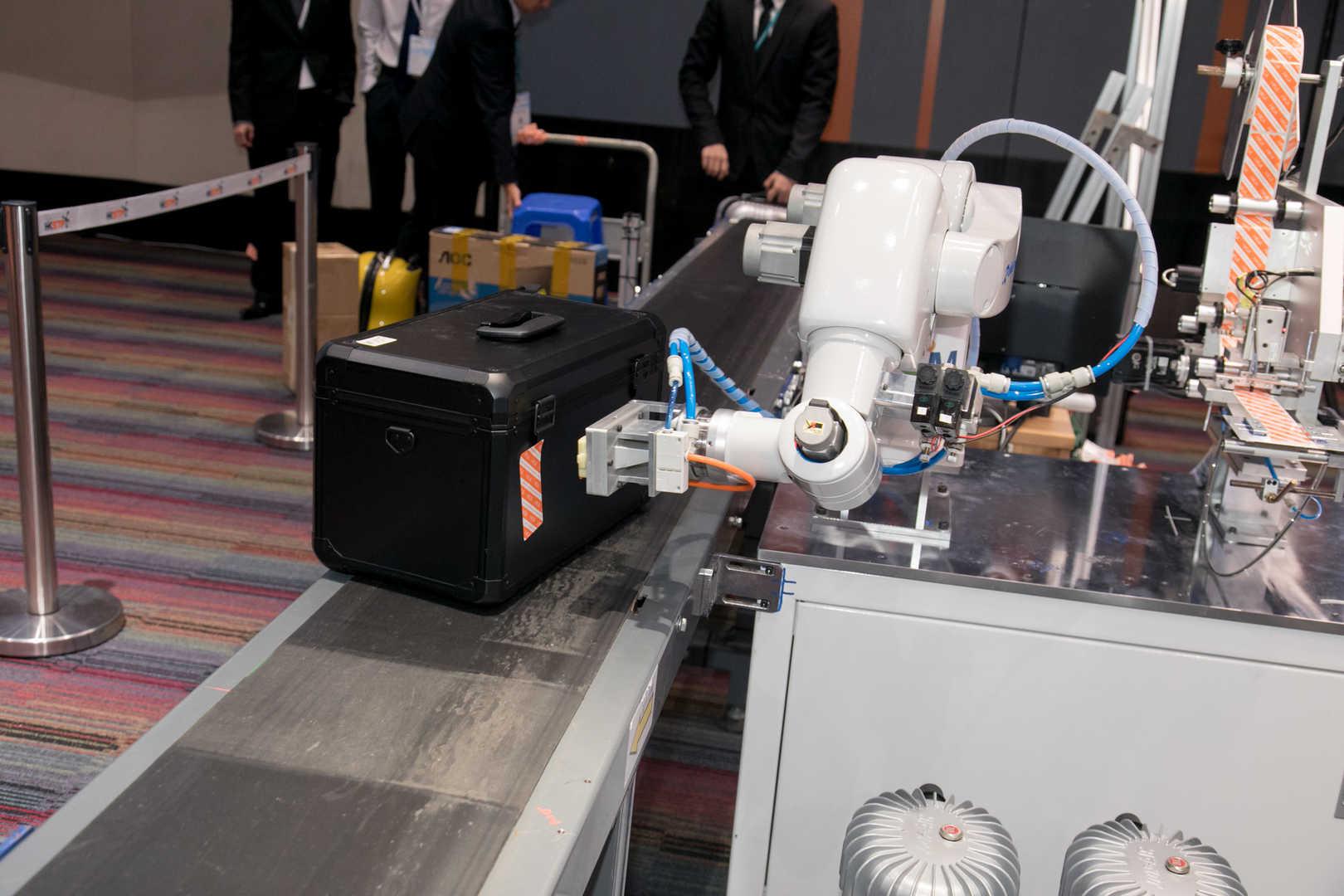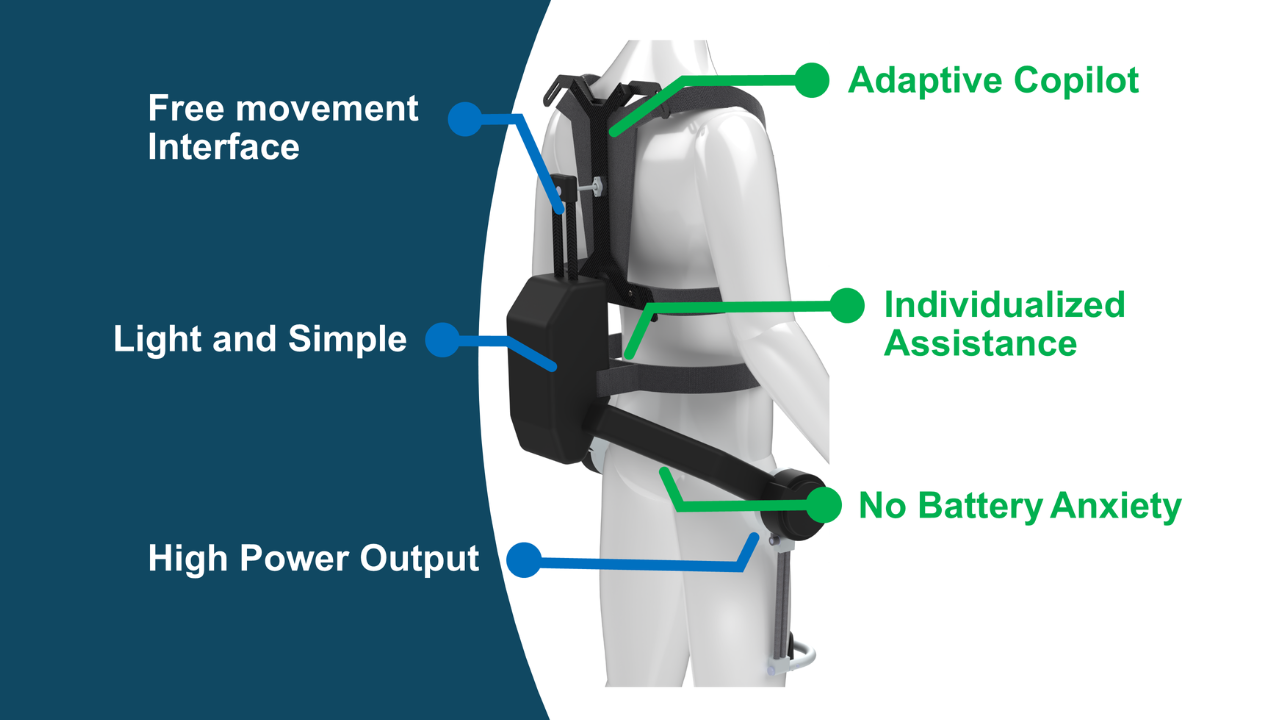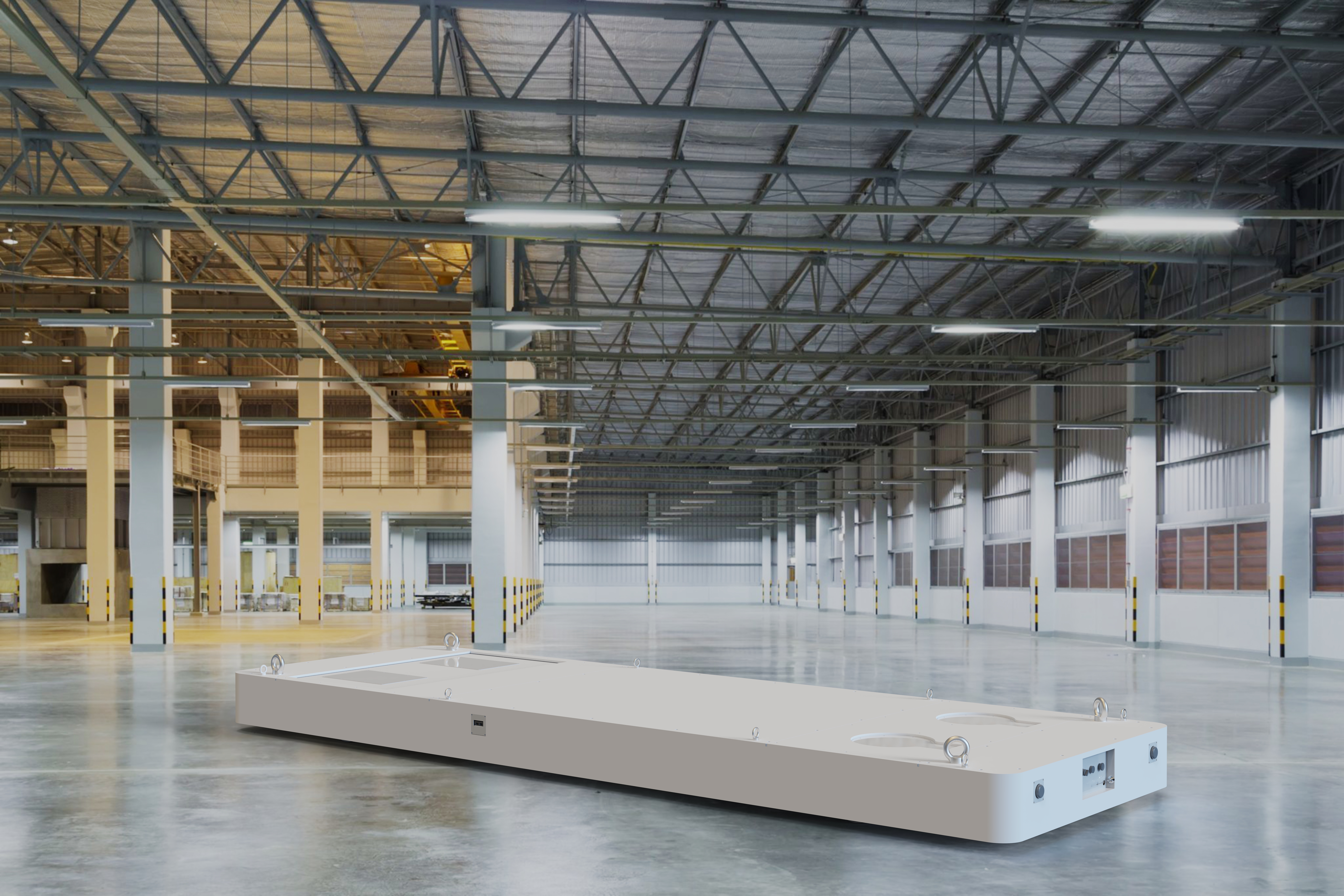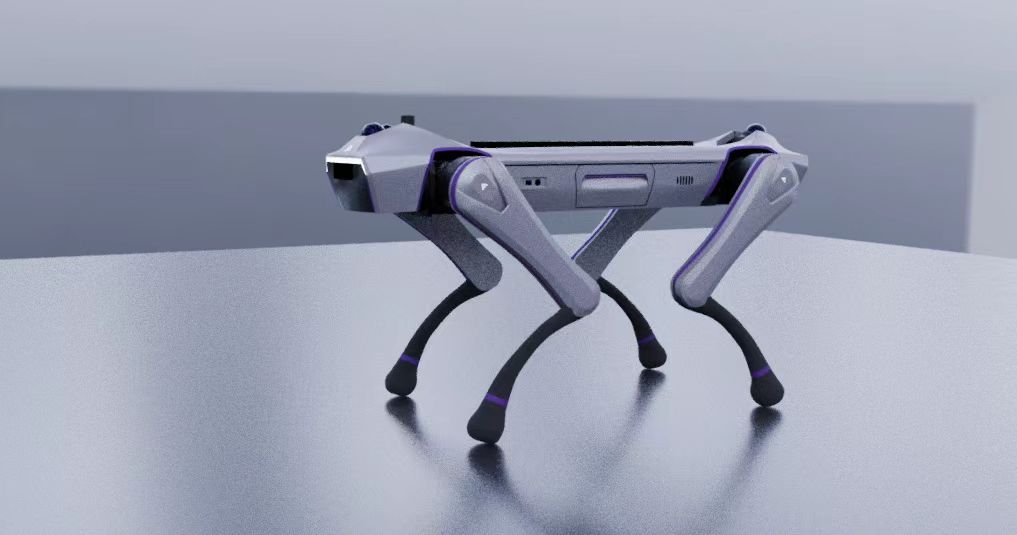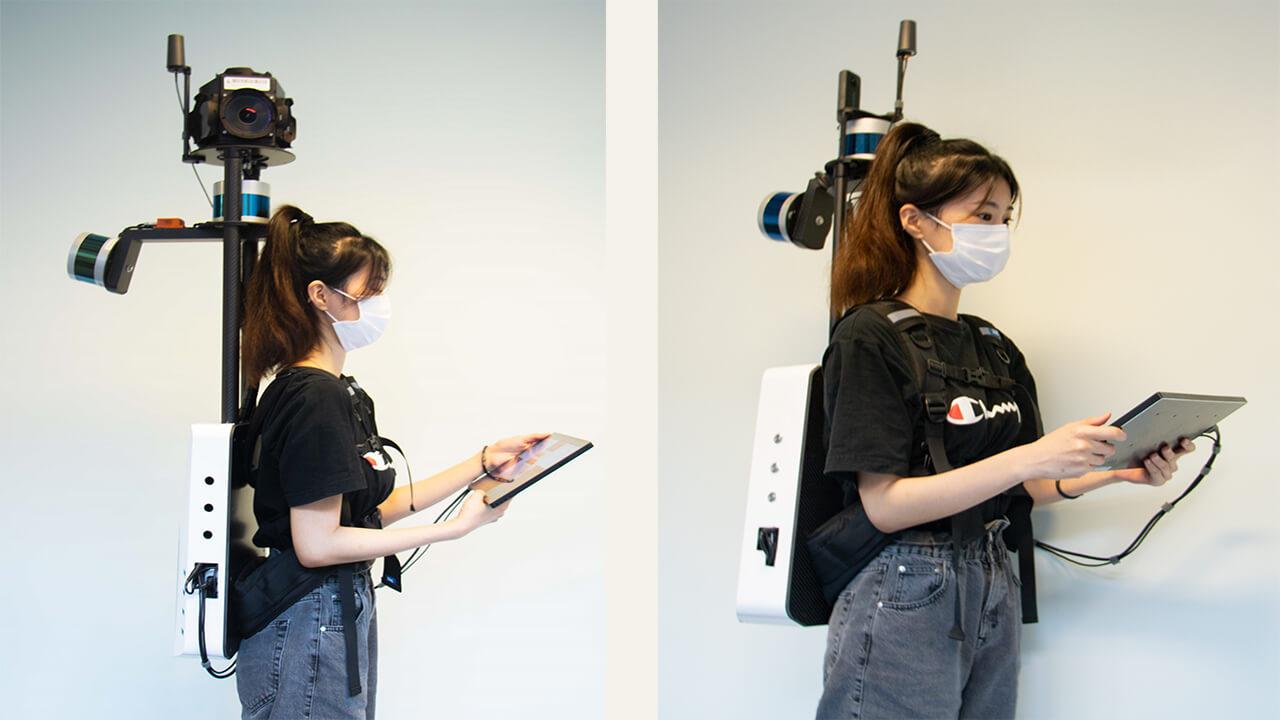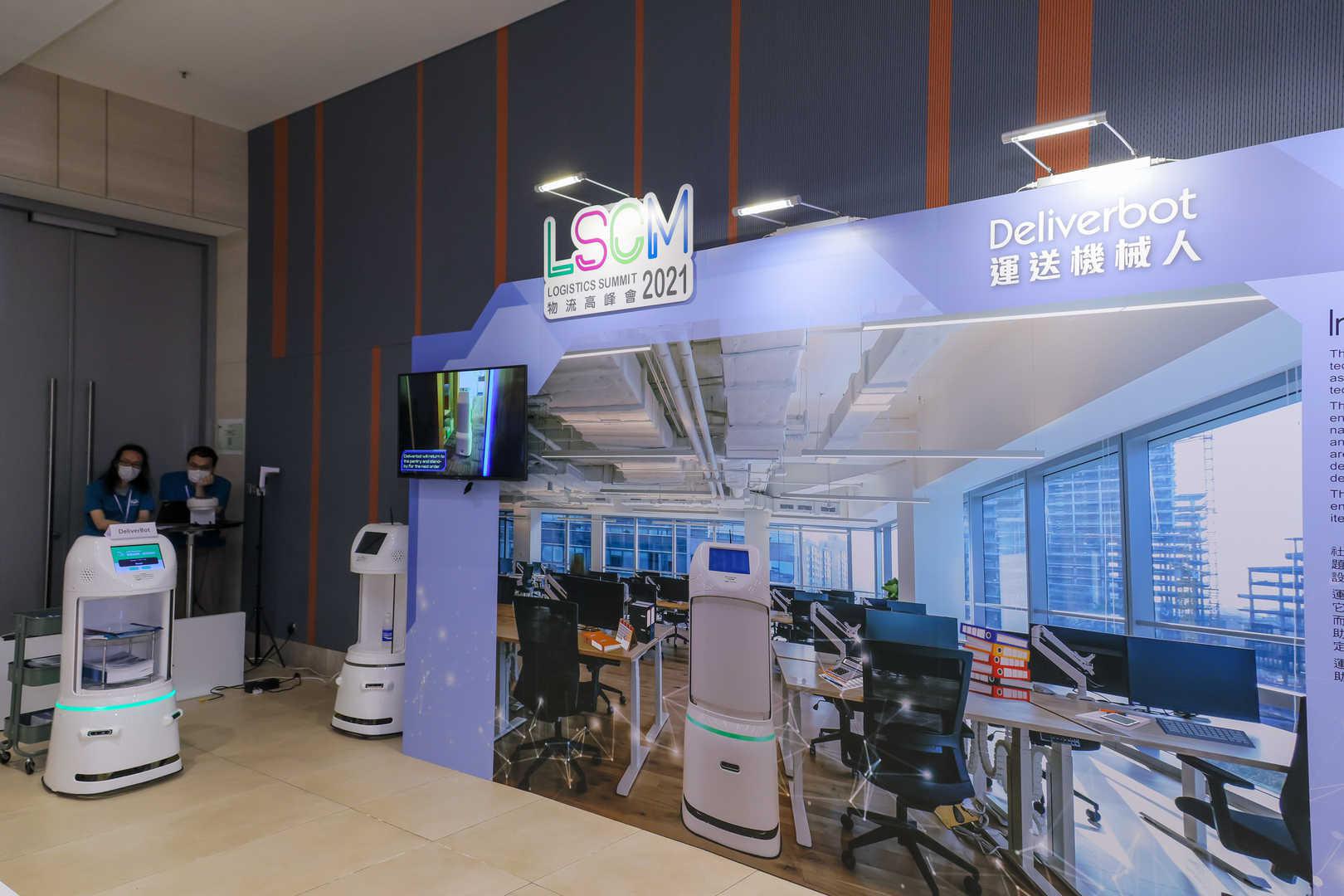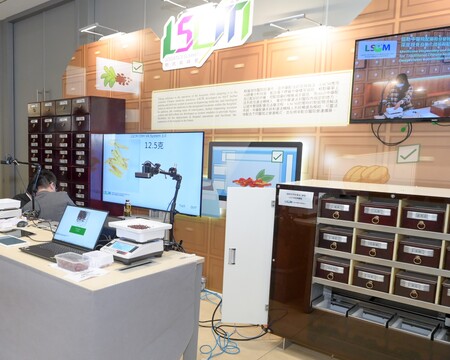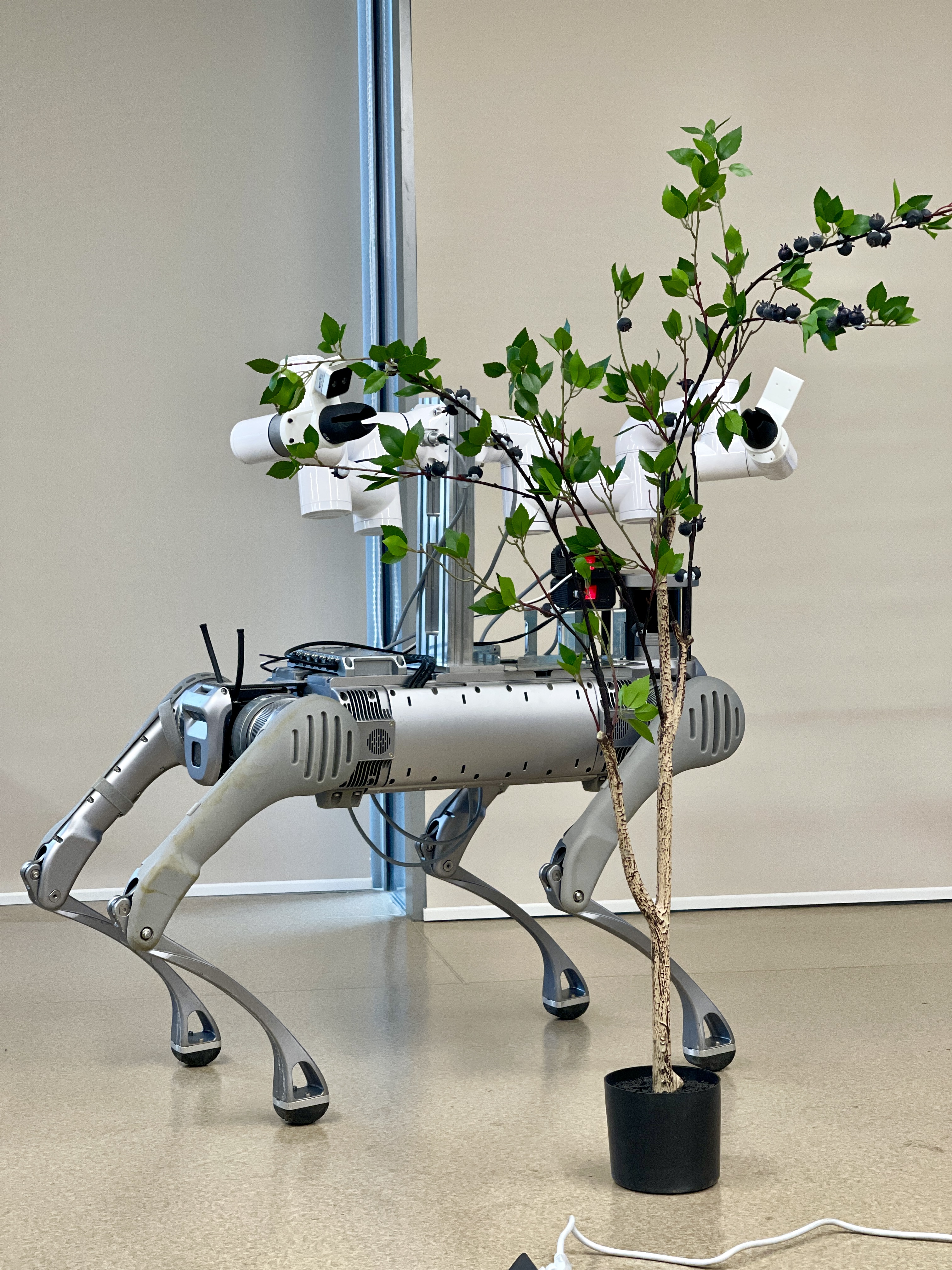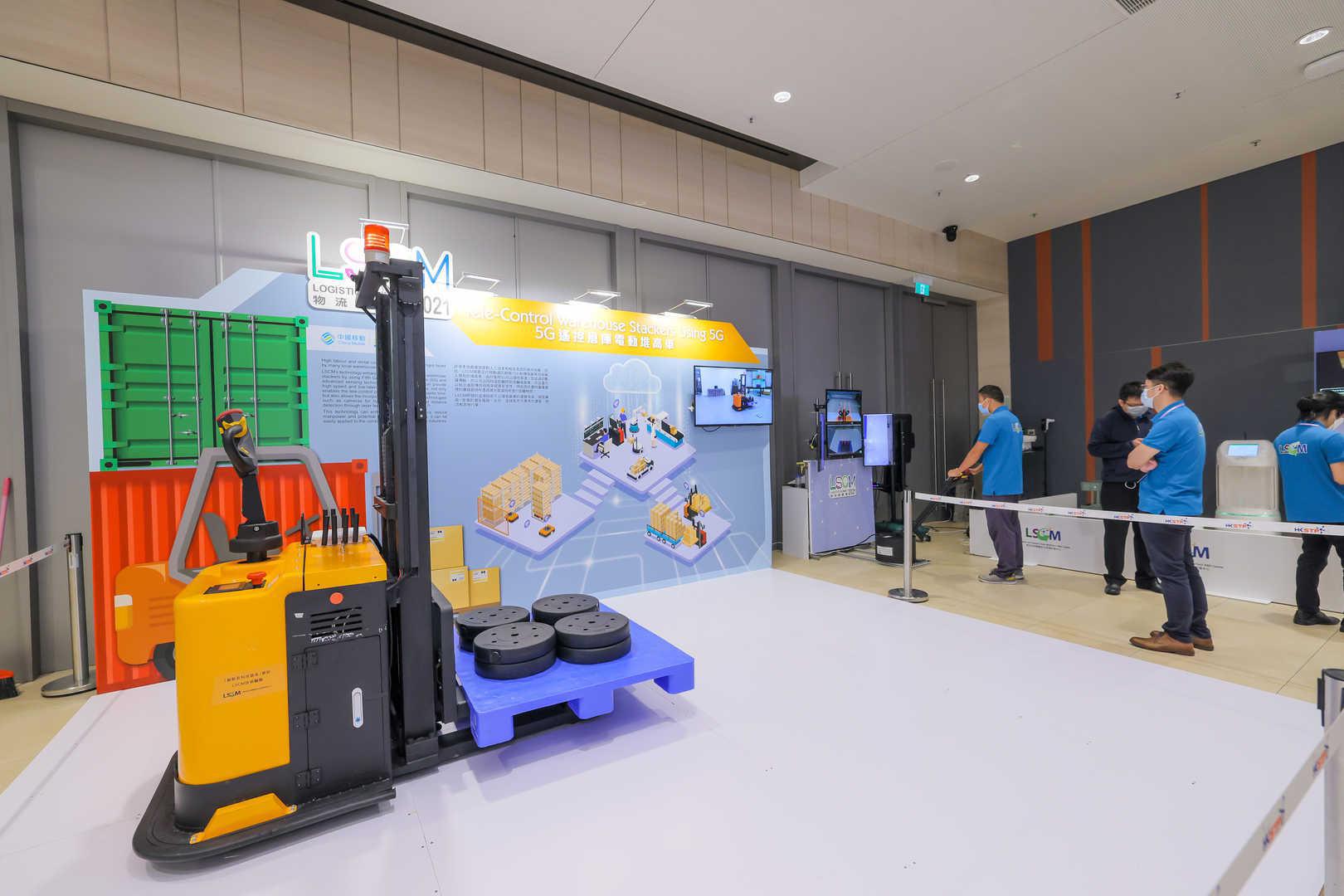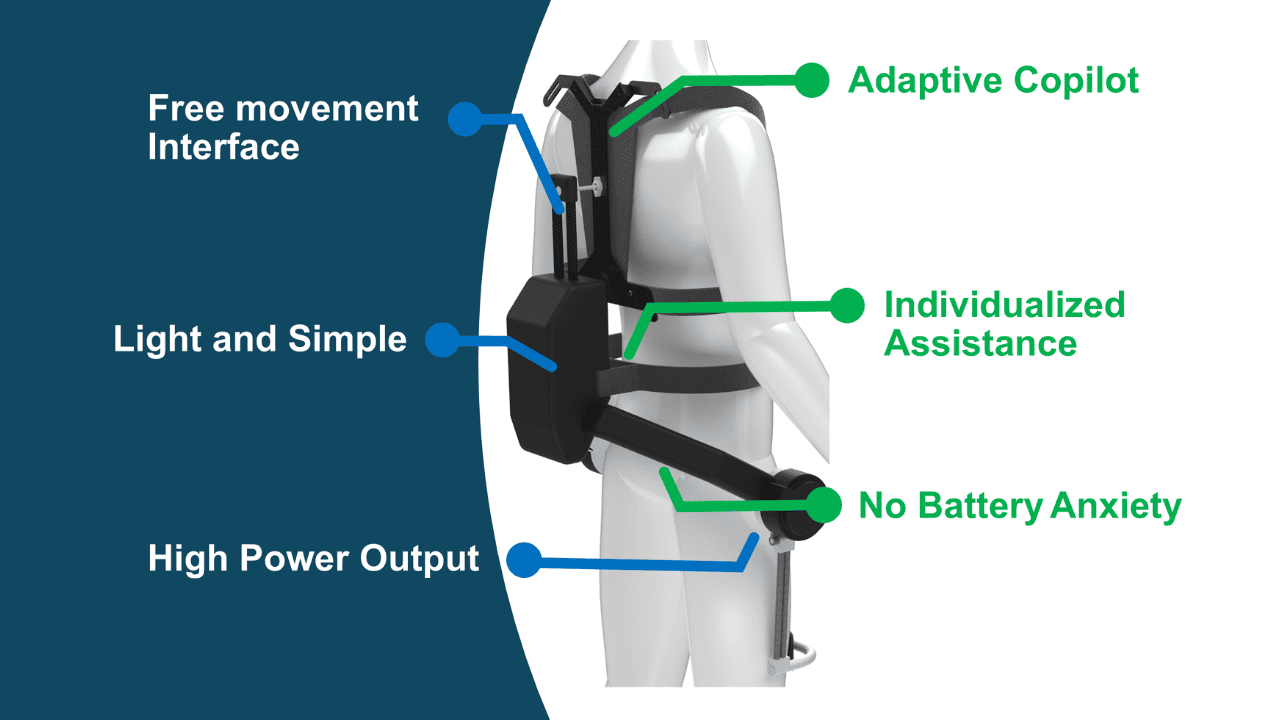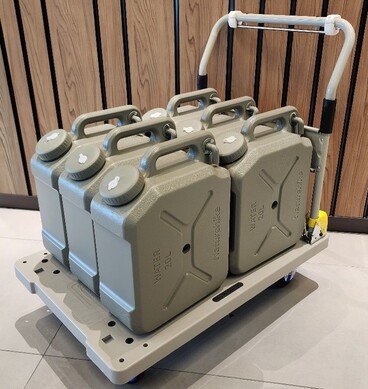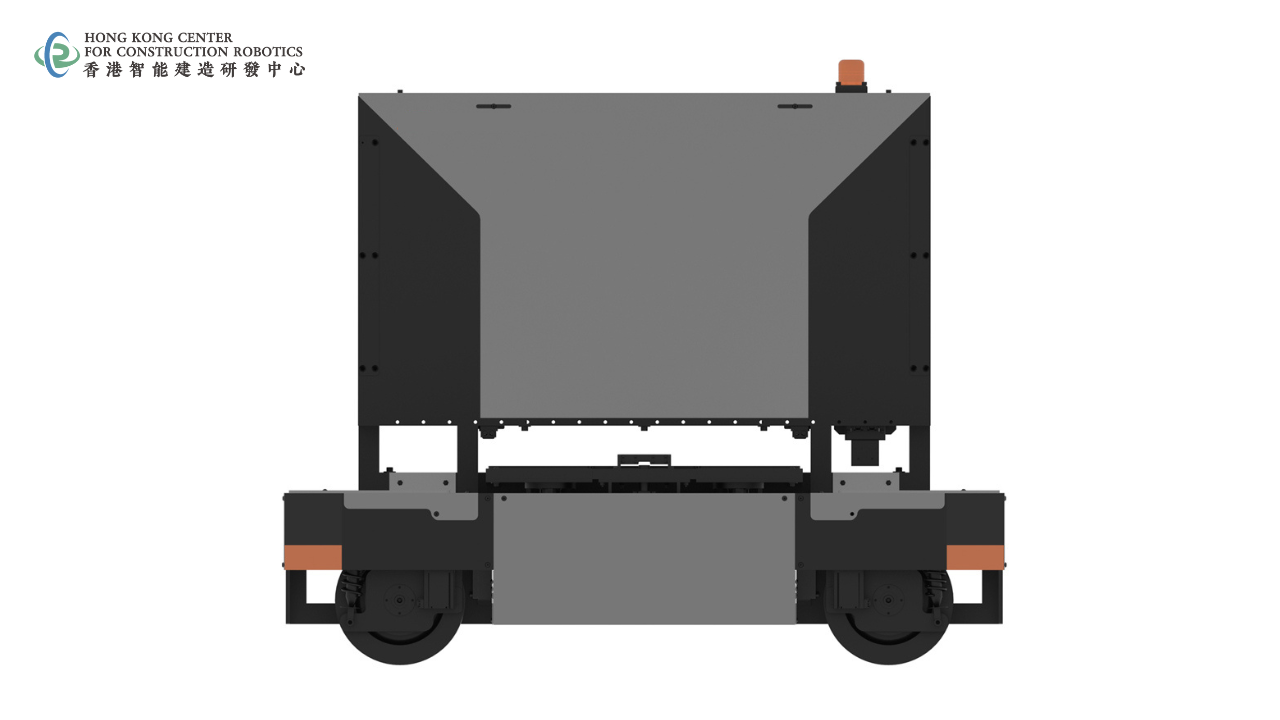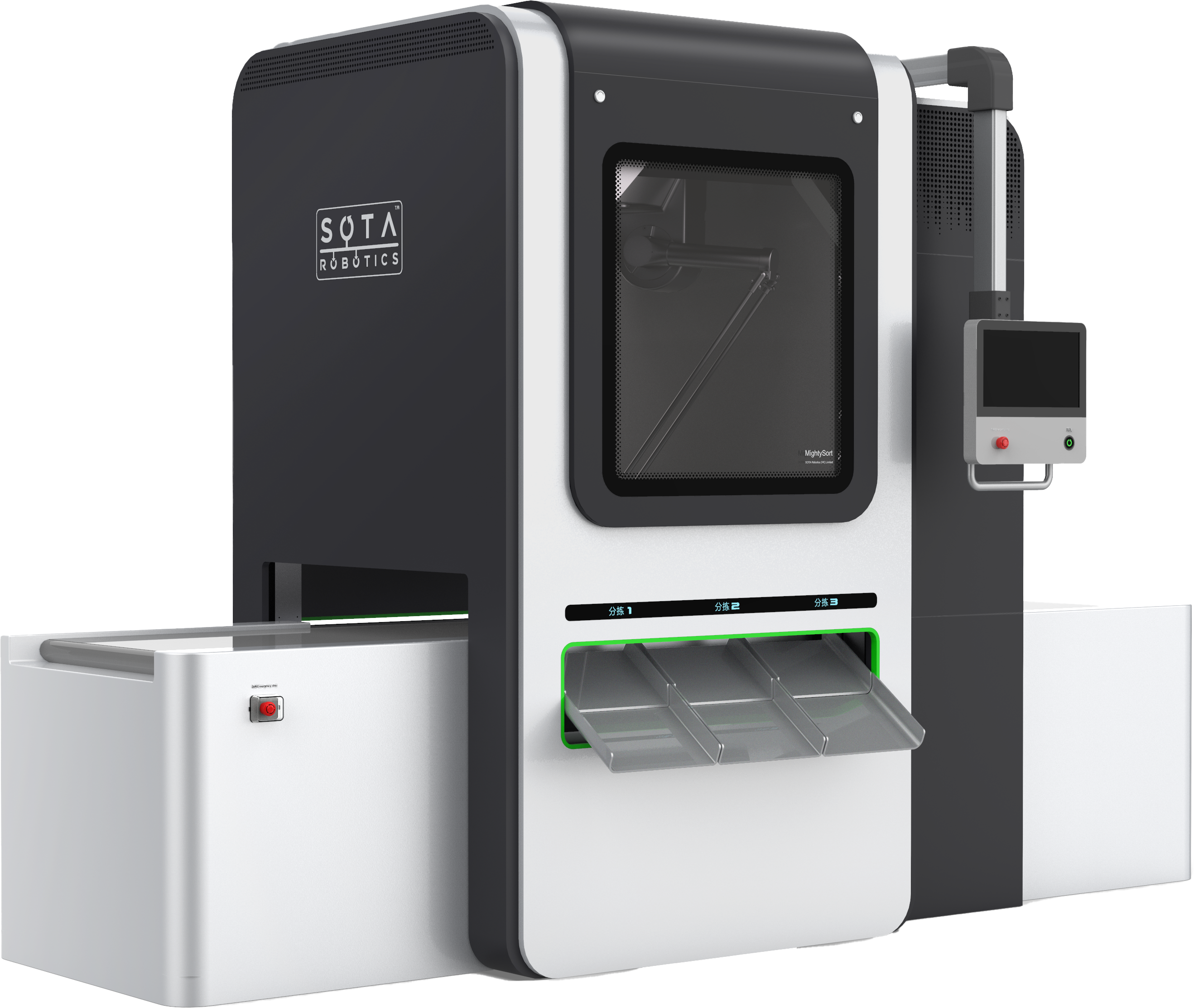
Smart Robot Hand and Eye Co-ordination Enabling Technologies
LSCM’s multi-camera vision coordination control system and flexible end-effector are designed for commercially available robotic arms to handle objects in different shapes, colours, sizes and surface textures that move along conveyor belts.
Repetitive tasks often cause strain injury, and are time-consuming. Service robots can be deployed to perform repetitive tasks, e.g. label affixing on baggages, to reduce workers' repetitive strain injury and save the time required to complete the tasks.
- The RGB-D vision system sends shape, size and surface information of the baggage to the pneumatic end-effector for the label affixing tasks. The 3D model and RGB image are passed to a machine learning algorithm to segment the objects in the scene.
- After each object is detected and classified as target object by the end-effector, surface fitting algorithm is applied to the 3D model to identify the suitable position for the end effector to affix labels on the baggage.
- The pneumatic end-effector uses vacuum bump to draw out labels from the label dispenser, and replicates manual label affixing tasks while using air-jet to place the labels on the baggage.
- This service robot can replicate manual repetitive label affixing tasks to reduce human fatigue.
- The pilot run of this technology has been conducted by the Hong Kong International Airport (HKIA) for testing its deployment in actual industrial environment.
- Luggage label affixing
Logistics and Supply Chain MultiTech R&D Centre (LSCM) was founded in 2006, with funding from the Innovation and Technology Fund of The Government of the Hong Kong SAR, and is co-hosted by the University of Hong Kong, the Chinese University of Hong Kong and the Hong Kong University of Science and Technology. It aims to strengthen the local logistics sector and related industries by providing a one-stop resource for applied research and technology transfer, and to reinforce cooperation between the industry and research institutes to bring about meaningful and significant impact on the industry and the community.
LSCM serves the industry by initiating research projects, contract research, as well as providing business matching opportunities, technology transfer and intellectual property commercialisation. LSCM initiates technology and knowledge transfer to the marketplace to promote industrial digitalisation, facilitate technology advancement and strengthen Hong Kong’s position as a leading logistics and commercial hub.
